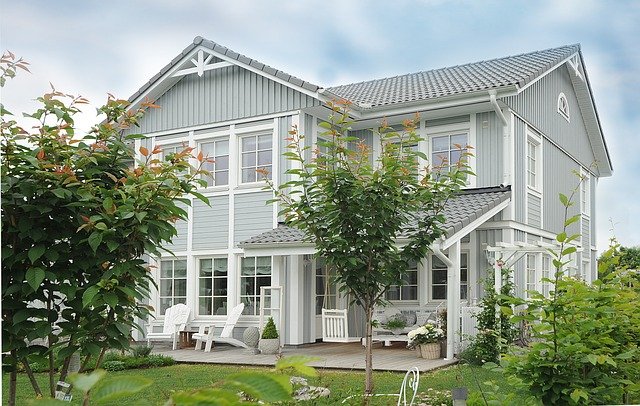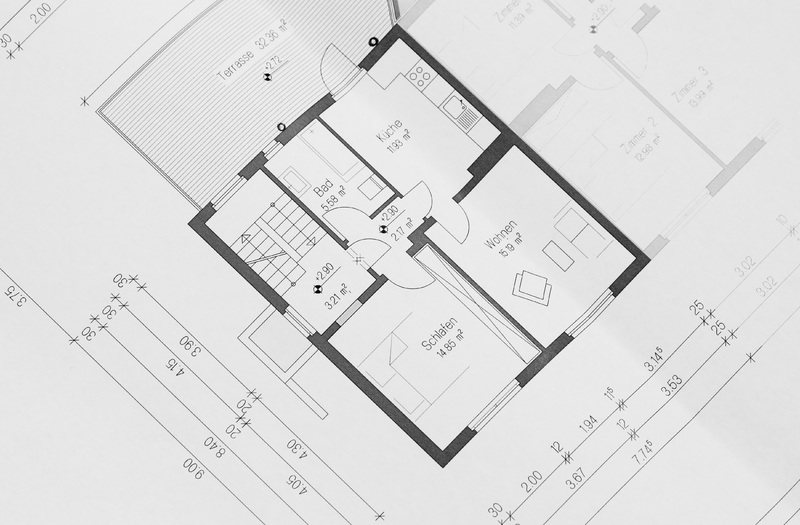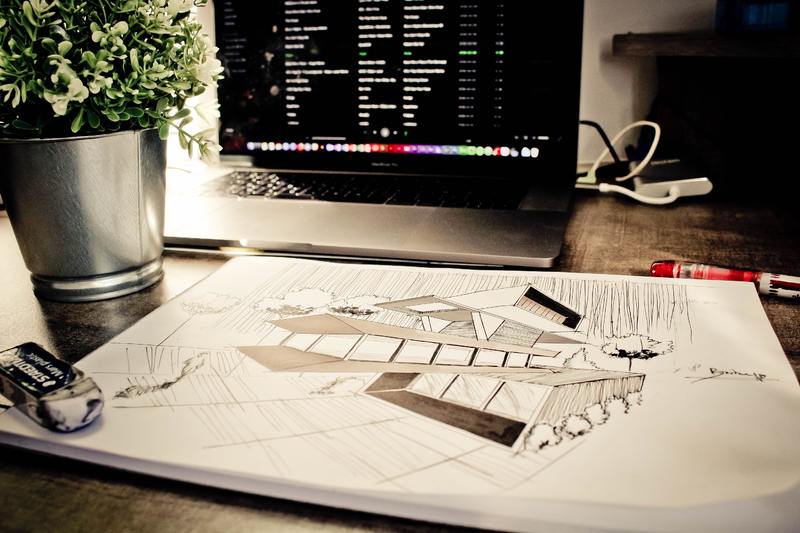
Building your home from the ground up – a custom-build – is by far the best way to acquire a home that will give you the most satisfaction in the long-run. A custom-built home is uniquely designed for you and your family’s needs, unlike a spec, resale, or semi-custom home.
A custom home is the only option that lets you customize your dwelling to suit your lifestyle. It gives you complete control over every element of the home, down to the smallest details. And it ensures that the final product will be unlike any other home in your neighborhood or city.
But as great as a custom-build can be, there are things to think about before embarking on this journey. Every time you buy a home, you expose yourself to some risk. But the risks are greater with a custom-build because unlike a prebuilt-home, you can end up with no home at all.
Many who set out to build a custom-home are shocked to find that the project is far more difficult than they anticipated. Some are unable to complete it due to cost constraints. Others spend well above their limits. And yet others end up with a home far different from what they originally envisioned.
But these problems can be avoided if you take time to do your homework before you begin the work. Most of the difficulties encountered during a custom-build are completely avoidable with a little research and planning. Here are some of the most important things to bear in mind.

Location is Paramount
Although it doesn’t always make sense to first-time custom-home builders, location is the most important factor when building a custom home. The lot you choose for your home has the power to impose limitations on the aesthetic and structural aspects of the home.
Things like zoning laws, presence/absence of amenities, groundwater, neighborhood design guidelines and the availability of utilities will influence the cost and design of the home. Before you commit to buying any plot, first check that you will be able to implement your design on it.
Choose Your Builder Carefully
Your builder is the bridge between your dreams for your home and the realization of that dream. A good builder will not just execute your plans, they will play the role of a trusted advisor, who guides you on what works and what does not work.
Before you design the building or invest in a plot, find a builder who has experience with the kind of home you want to build. They must be properly licensed, have experience working in your location, and should be a design/build firm, preferably.
Plan Every Detail of the Build
Home construction is a complicated affair with a myriad of tiny details. Apart from the design, project owners must deal with the contractor, subcontractors, suppliers, workmen, and government officials. This is in addition to monitoring the budget, cost, quality, and schedule of the project.
Consequently, owners of custom-home builds may suffer from decision fatigue and make mistakes during the project. But this can be avoided if every aspect of the build is planned well-beforehand. Doing this saves time, prevents knee-jerk reactions, and reduces the likelihood of change orders that inflate the project cost.

Design is Critical
Do not design your home based simply on what you like or on the latest trends. You want a healthy balance between aesthetic and function; a timeless design. Fail to do this and you will need to remodel in a few short years.
When designing your home, ask: what works or doesn’t work in my current home? How is my life likely to change in the next 5-10 years? With the current design, how easy will it be to find buyers if I choose to sell the home? Will I be able to rent all or part of the property?

Think of Cost and Financing
Before you design the home, create a budget, or your designer may create a design that is beyond your budget. Secondly, have firm estimates for all cost elements; the more accurate your costing, the lower the chances of overshooting your budget. And most importantly, think of how you will finance the project; a custom-build will usually not qualify for a standard mortgage.
Most lenders will not lend you money for a custom home build. The usual financing route for a custom-home is a construction loan. But, even then, not every bank issues this type of loan.
Prepare for Problems
No construction project ever goes through without a hitch. There are so many moving parts in a building project that there will be inevitable delays and other problems. If you hire a competent builder, they will keep the impact of delays to a minimum.
Also, treat the project timeline as a mere guideline. The real problem you may have to deal with will be runaway costs and delays from your lender. You may find that the only way to handle these will be to spend some of your own money and also have a contingency fund.

There you have it. Things to think about when deciding to build a custom home.
Ronnie Marshall, OmniKey Realty of Texas














